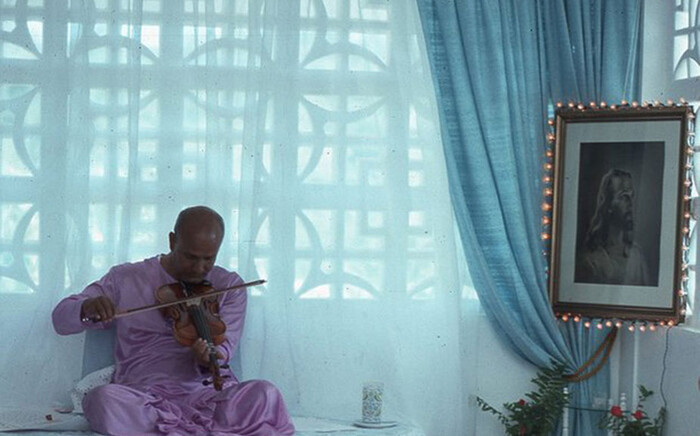Sometimes small gestures touch you, and the only thing you can do is cry.
One of the pleasures of running in organised races is the people that one gets to meet.
I once competed in a half-marathon in the morning and went to the opening of an art exhibition in the afternoon. The difference between the people I met at the two events could not have been greater. There is something about runners - they are genuine, straight-up-and-down, decent people, relaxed, pleasant, people who offer support and encouragement to each other with just a little light-hearted teasing and banter. All round just plain old nice people.
In the interests of maintaining a positive tone, let us refrain from characterising the people who go to art exhibitions.
After a few years of running one gets to recognise people who are competing in the races one goes to - ‘ah, there’s Tui, the old blind runner; and there’s Mad Mike who has run more marathons than seems possible; and can I stay ahead of Garth Barfoot this year,’ and so on.
Some of the nicest people I have met at races are two Maori women who compete every year in the Te Houtaewa Challenge.
The race is 63 kilometres - which, in anyone’s book, is a long way. The race starts early in the morning, often before the sun has risen, but each year these two women begin long before the official start. They walk. They walk together companionably the 63km length of the beach that the race covers. They laugh together. They always have encouraging and supportive words for the runners who pass them. They are cheerful and determined the whole way, and are full of joy when they finish. They are obviously not finely tuned and skilled athletes, but for that they are more inspiring than the guy who comes in first -
The determination in your heroic effort
Will permeate your mind and heart
Even after your success or failure
Is long forgotten.”
-Sri Chinmoy.
The Te Houtaewa Challenge is founded upon a mythological event in the history of the peoples of the Far North.
Te Houtaewa was the fastest runner of his day. Once when his
mother was preparing a hangi (earth oven), she asked Te Houtaewa to
fetch kumara (sweet potato) for her to cook. Instead of going to the
nearby gardens, Te Houtaewa ran to Ahipara at the southern end of
Te-Oneroa-a-Tohe (Ninety Mile Beach) and stole kumara from the
storehouses of the Te Rarawa people who lived there. He then evaded
pursuit and ran back up the beach with the kumara, reaching home as his
mother had the hangi ready.
 Kumara
Kumara
The race retraces his run from the Bluff to Ahipara, but whereas Te Houtaewa's exploit inevitably led to conflict between the people of Ahipara and Te Houtaewa's own tribe, the race is run in the service of peace and oneness. It symbolically returns the kumara to Ahipara in a reverse of Te Houtawa's theft - an act of reparation, of reconciliation, of restitution.
In 2004, each competitor in the Te Houtaewa Challenge was given a kumara and we did literally return the kumara to Ahipara. It pleased my symbolic nature no end.
The next year I expected the race director to wander about at the start distributing kumara again, but no. He made some joking comment at the awards ceremony about no-one having carried a kumara - at which the two women who had started early and walked the whole way, gleefully pulled out the kumara they had indeed carried. They had brought their own! These were people who understood the deeper significance of the race.
The following year, 2006, I was taking no risks. John and I stopped off in Kawakawa on our way north for the race and a kind Indian lady opened up her shop for me so I could buy some fine Northland kumara.
On the start line I had my kumara safely in the pocket of my running jacket. Not far down the beach I had to take the jacket off. I tied it around my waist, its precious cargo still aboard. In the long, hot hours that followed, that jacket and its load chaffed me uncomfortably round my hips, but when some kind woman passing in a car asked if she could take it for me, I declined - I needed it to carry my kumara; otherwise I was just running a race, not participating in a myth.
At the awards ceremony after the race each runner in the ultra-marathon came forward to receive his or her prize and kete - the finely woven flax back-pack which is the taonga that all who have completed the distance receive.

I approached the race director and presented him with the kumara I had carried the length of the beach. He and his assistants were delighted. I thanked them and said that it was an honour for me to be there.

The Northland way treats all with a light touch. The race director accepted my kumara and my thanks and slipped the kumara into the pocket of his shorts.
*
In association with the Te Houtaewa ultra-marathon there is held a marathon, half-marathon and a five kilometre walk.
As I was finishing the ultra, the 5km walkers were just setting out up the beach. I was surprised to see amongst then the two women who always competed in the ultra-marathon. They cheered me on, clapping and shouting encouragement as I neared the end of the race.
At the awards ceremony all became clear.
The race director is a man who I admire hugely: an unlikely mix of jocularity - an endless stream of humour - punctuated with profound spiritual insight.
There was a relay team of five young men which had competed in the race. The race director presented their prizes and then spoke of the team. They had competed in solidarity with one of their whanau members, a woman who had competed in the race faithfully for years, but who, in the twelve months since the last race, had suffered a stroke. This race, he said, is not just a race, it is life, it is about support and love for your whanau, it is about the struggle that life is, it is about overcoming.
‘Come on up. Come on up,’ he called out to the back of the crowd. And forward she came, slowly and with the cumbersome movement of a woman who has spent long months struggling to overcome the debility of a stroke. And all was clear - the woman who always did the ultra-marathon, the woman who this year had had the courage to struggle through the 5km walk instead. She stood there beside the young men who had run in her place and were we not all family? Did we not all share, however slightly, in her struggle, in her triumph?
They turned to go.
“Wait,’ he said, ‘We’ve got something specially for you,’ and he pulled my kumara out of his pocket and gave it to her.
*********************************************************
Glossary
kete: basket or bag plaited from strips of flax
taonga: prized possession
whanau: family
Links:
The Te Houtaewa website
My other writings on the race:
Ultramarathoning: The Te Houtaewa Challenge
Art, Running and Ahipara
The Te Houtaewa Challenge: 2006
A Brief Letter On Failure
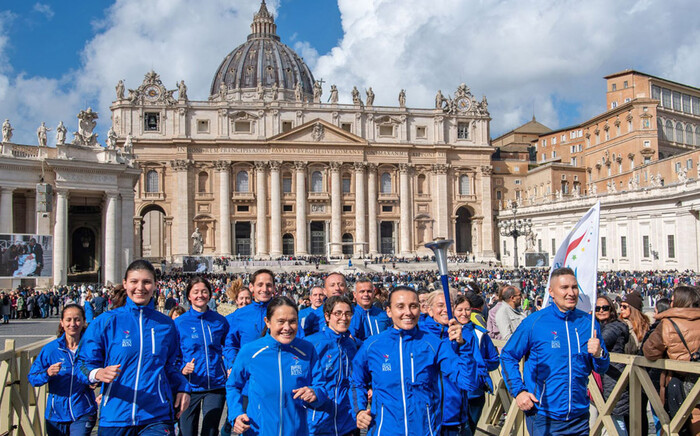
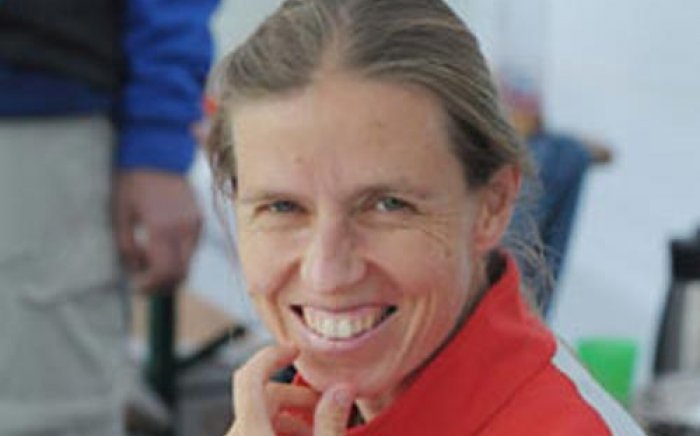
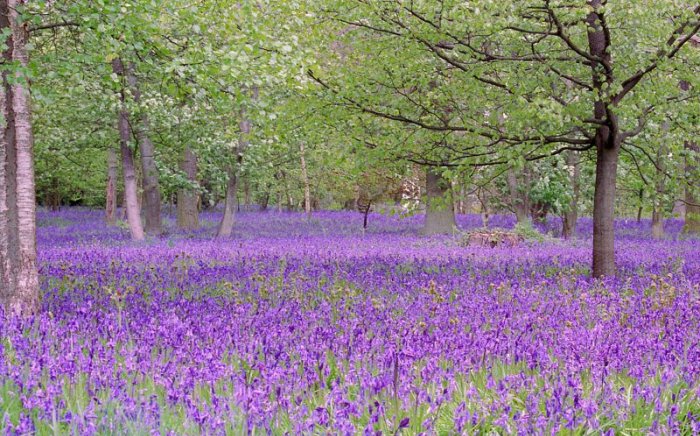

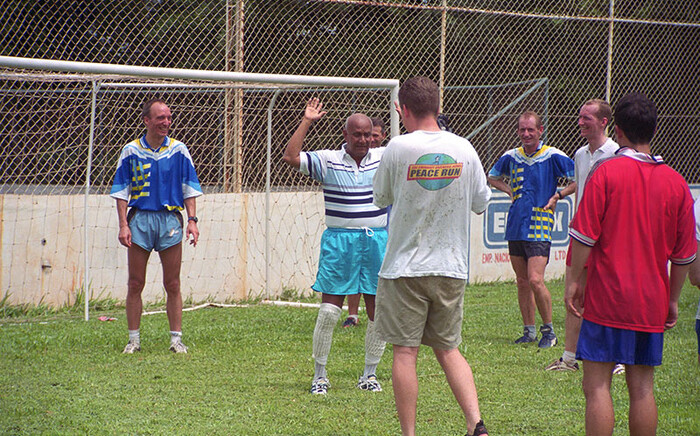
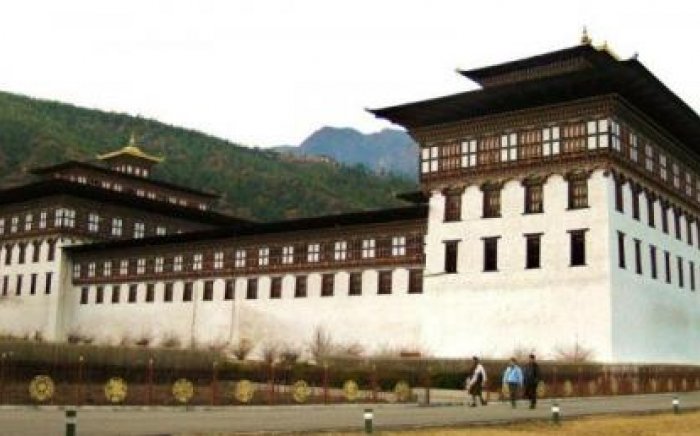
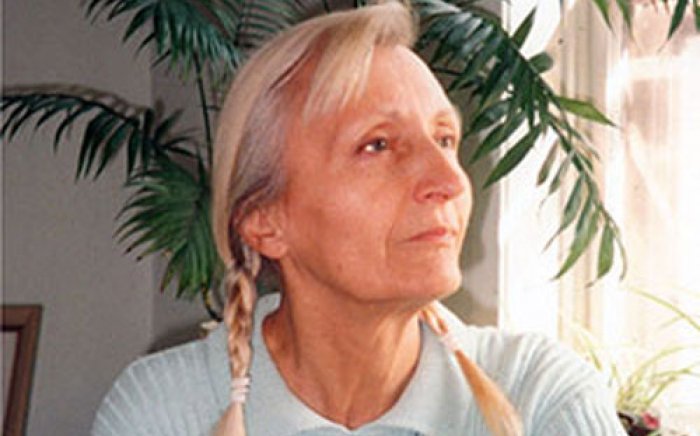
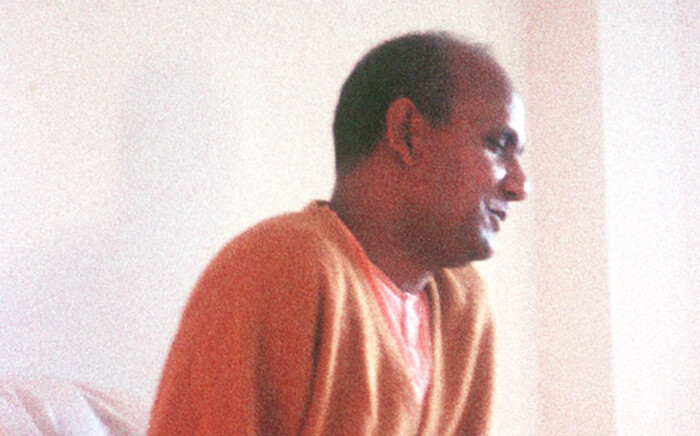
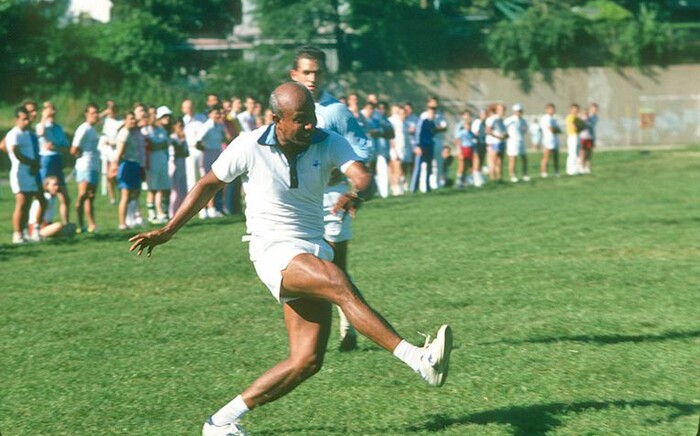
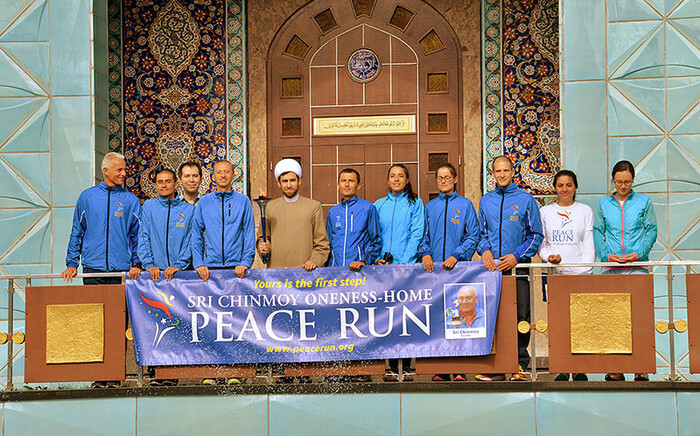
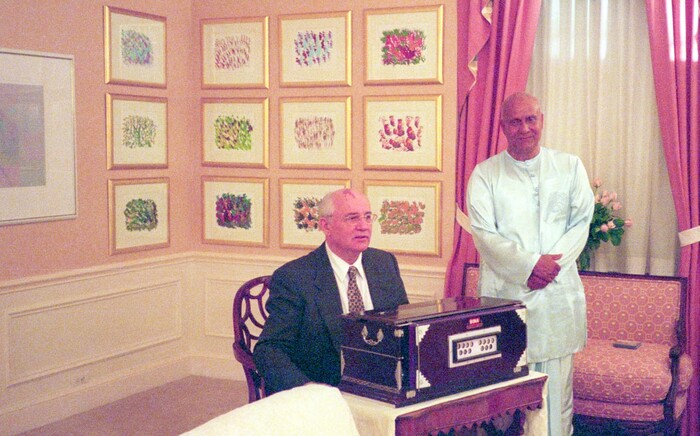
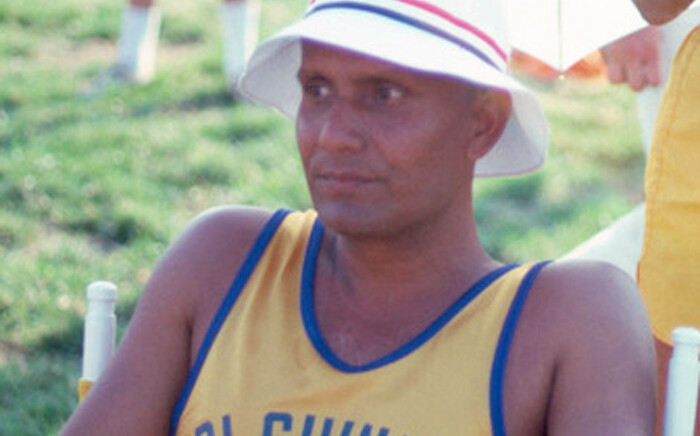
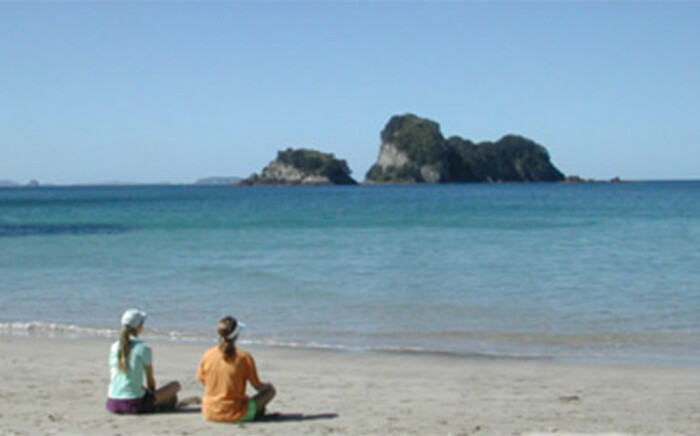
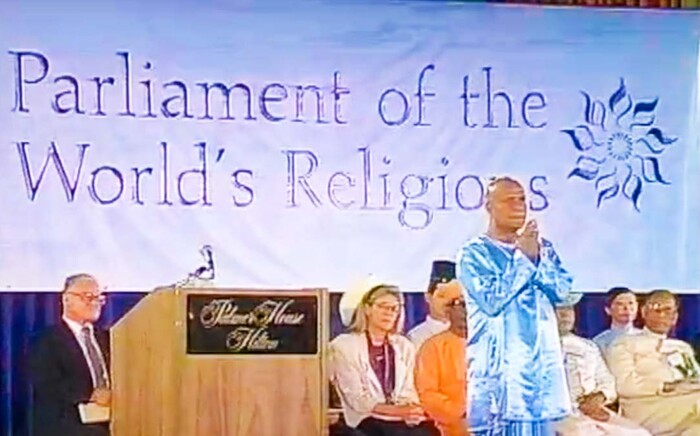
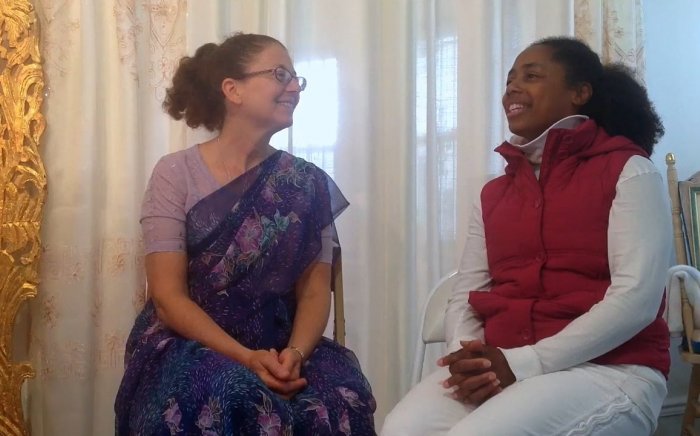
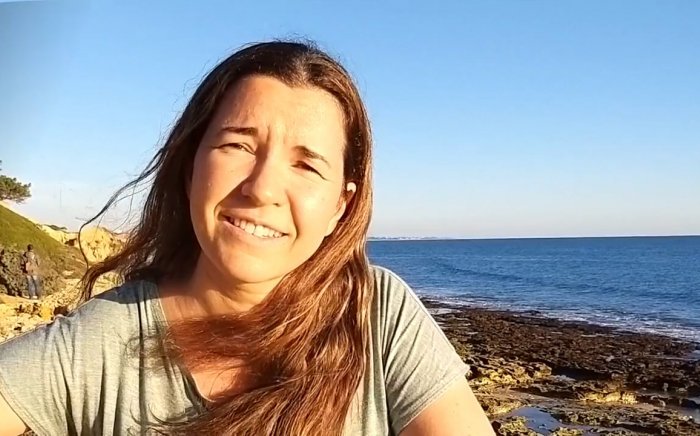
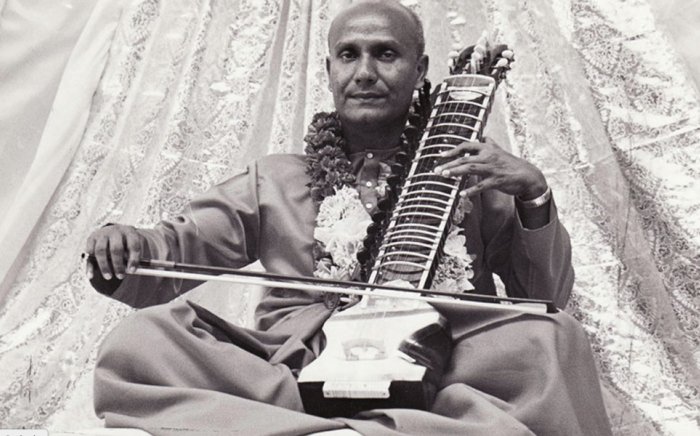
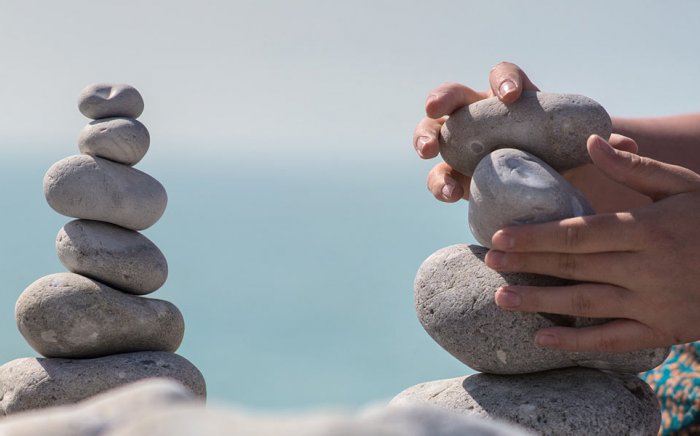
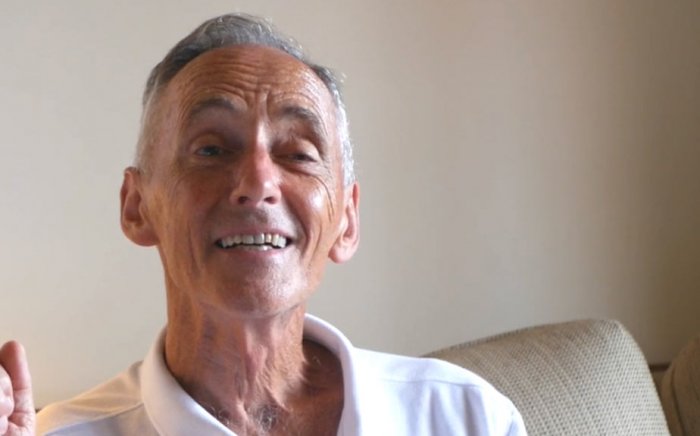
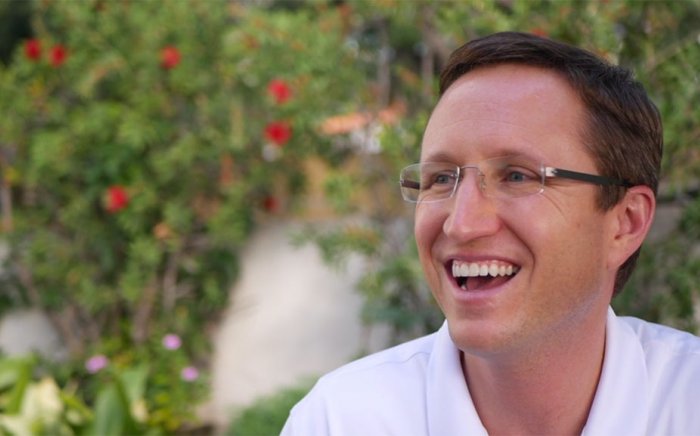

 Kumara
Kumara

